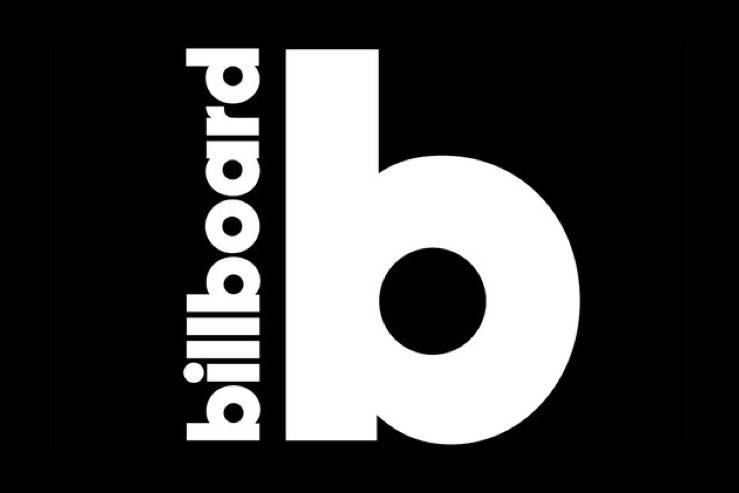Billboard has revealed new rules for bundling album sales, and how artist merch and music bundles will count towards chart positioning.
In recent years, many artists have bundled albums along with merchandise and concert tickets in an attempt to boost the number of sales — a practice many view as disingenuous.
Beginning on January 3, though, the cost of the album must be reflected in merch prices in order to count towards the charts.
Billboard has set the minimum price for an eligible album at $3.49 and will require all items in a bundle that includes an album to be available for purchase concurrently and individually on the same website.
For example, if a T-shirt is available as a standalone item for $40, that same T-shirt bundled with an album must cost at least $43.49 in order to count towards sales.
Bundles containing merchandise and an album will also only be counted towards sales if they are sold through the artist's official online store. Merch bundles with albums from third-party sites will not be counted towards total sales.
Billboard also notes that albums purchased in merchandise or concert ticket bundles will only be counted towards sale once the physical album has been shipped or a download has been redeemed.
The change in rules comes following a couple of major controversies.
In May, Tyler, the Creator released IGOR, gaining a No. 1 album thanks to bundled sales of clothing, buttons and lawn signs. DJ Khaled released Father of Asahd the same day, but sold 29,000 fewer units because many of his bundle sales were disqualified for being sold through a third-party website. He wasn't happy about it and even threatened to sue Billboard.
Last year, Nicki Minaj accused Travis Scott of stealing her No. 1 spot by selling concert tickets that were bundled with an album — before the tour dates were even announced.
According to Minaj, Scott sold at least 50,000 "season passes" to his shows after Kylie Jenner shared a poster for the bundle on Instagram. She also pointed out that the album download that came with the tickets had "no requirement of redeeming the album."
At the time, she noted that Billboard said it would look into changing the rules because of this, but argued they "should be changed now!"
In recent years, many artists have bundled albums along with merchandise and concert tickets in an attempt to boost the number of sales — a practice many view as disingenuous.
Beginning on January 3, though, the cost of the album must be reflected in merch prices in order to count towards the charts.
Billboard has set the minimum price for an eligible album at $3.49 and will require all items in a bundle that includes an album to be available for purchase concurrently and individually on the same website.
For example, if a T-shirt is available as a standalone item for $40, that same T-shirt bundled with an album must cost at least $43.49 in order to count towards sales.
Bundles containing merchandise and an album will also only be counted towards sales if they are sold through the artist's official online store. Merch bundles with albums from third-party sites will not be counted towards total sales.
Billboard also notes that albums purchased in merchandise or concert ticket bundles will only be counted towards sale once the physical album has been shipped or a download has been redeemed.
The change in rules comes following a couple of major controversies.
In May, Tyler, the Creator released IGOR, gaining a No. 1 album thanks to bundled sales of clothing, buttons and lawn signs. DJ Khaled released Father of Asahd the same day, but sold 29,000 fewer units because many of his bundle sales were disqualified for being sold through a third-party website. He wasn't happy about it and even threatened to sue Billboard.
Last year, Nicki Minaj accused Travis Scott of stealing her No. 1 spot by selling concert tickets that were bundled with an album — before the tour dates were even announced.
According to Minaj, Scott sold at least 50,000 "season passes" to his shows after Kylie Jenner shared a poster for the bundle on Instagram. She also pointed out that the album download that came with the tickets had "no requirement of redeeming the album."
At the time, she noted that Billboard said it would look into changing the rules because of this, but argued they "should be changed now!"
